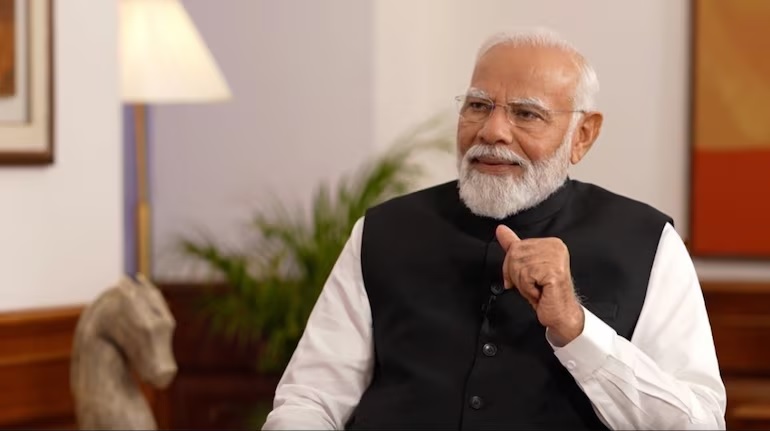India’s Prime Minister Narendra Modi firmly rejected United States President Donald Trump’s repeated claims that the U.S. played a role in brokering the ceasefire understanding between India and Pakistan in 2025.
Modi’s clear stance, articulated in multiple official statements and a noted phone call with Trump, emphasized that the ceasefire was the result of direct military discussions between India and Pakistan, without any external mediation or linkage to trade negotiations.
The context revolves around the escalation of conflict in April 2025, sparked by a terrorist attack in Indian-administered Kashmir that killed 26 civilians, allegedly by groups supported by Pakistan.
In response, India launched Operation Sindoor starting May 7, targeting terror infrastructure in Pakistan and Pakistan-occupied Kashmir.
Intense cross-border drone and missile strikes followed, raising fears of a larger war between the two nuclear-armed neighbors.
After four days, on May 10, both countries reached a ceasefire agreement.
US President Donald Trump publicly claimed credit multiple times for brokering this ceasefire.
He asserted that without his involvement, including leveraging trade negotiations as a threat, there would have been multiple ongoing wars globally.
According to him, it includes war between India and Pakistan.
Trump stated that he warned both countries that the US would stop trade deals unless they settled their differences, claiming this pressure led to the ceasefire within 24 hours.
However, Indian officials categorically denied Trump’s assertions.
External Affairs Minister S. Jaishankar clarified in Parliament that there was no US intervention in the ceasefire talks and no linkage between trade and the ceasefire deal.
He further stated that there were no calls between Modi and Trump in the critical period of April 22 to June 17.
This period covered the active phase of the conflict and negotiation of the ceasefire.
Jaishankar emphasized that India has consistently rejected third-party mediation on Kashmir and Pakistan-related conflict issues.
This is a position reiterated by Modi himself.
Prime Minister Modi directly addressed the issue during a Lok Sabha session and in official communications.
Modi recounted that Pakistan’s Director General of Military Operations (DGMO) reached out to India’s DGMO.
According to Modi, he pleaded for a ceasefire after heavy damage inflicted by India’s counter-terror operation.
Modi quoted the Pakistani appeal as “Please stop the attack, you have hit too hard.”
His comment underscores that the cessation was initiated by Pakistan’s own request due to their inability to sustain further losses.
Modi also clarified that India agreed only to pause Operation Sindoor and that Pakistan remains under watch for continuing support to terrorism.
He explicitly ruled out any easing of stance due to nuclear blackmail by Pakistan.
It signalled that India’s focus would remain firmly on counter-terrorism and matters related to Pakistan-occupied Kashmir (PoK).
These topics Islamabad remains unlikely to accept for negotiations under present conditions.
The contrast between statements has caused diplomatic friction between India and the US.
Indian Foreign Secretary Vikram Misri reported that Modi made it unequivocally clear to Trump that no discussions took place involving US mediation or trade agreements during the crisis.
Despite Trump’s intention to highlight US influence, the Modi administration’s renewal of India’s long-standing policy against foreign mediation reflects India’s emphasis on sovereignty and direct bilateral engagement with Pakistan for conflict resolution.
This principled position is openly communicated to both US and global audiences.
In summary, the ceasefire between India and Pakistan in May 2025 was reached through direct military talks.
The talks were initiated by Pakistan after India’s decisive Operation Sindoor.
President Trump repeatedly claimed US mediation via trade leverage.
On the other hand, official Indian responses led by Prime Minister Modi and External Affairs Minister Jaishankar categorically refuted any American role.
India maintains its policy of rejecting third-party mediation on Kashmir and related conflicts.
It therefore underscores national agency and military-to-military communication in achieving the ceasefire.
This episode illustrates the complexities of international diplomacy, where differing narratives emerge regarding conflict management.
Modi’s firm refutation reaffirms India’s consistent approach to handling Pakistan-related security issues independently.
This is even amidst strong global powers’ involvement.
It also underscores the sensitivity around credit and influence in peace processes, particularly with volatile neighbors and nuclear-armed states.







